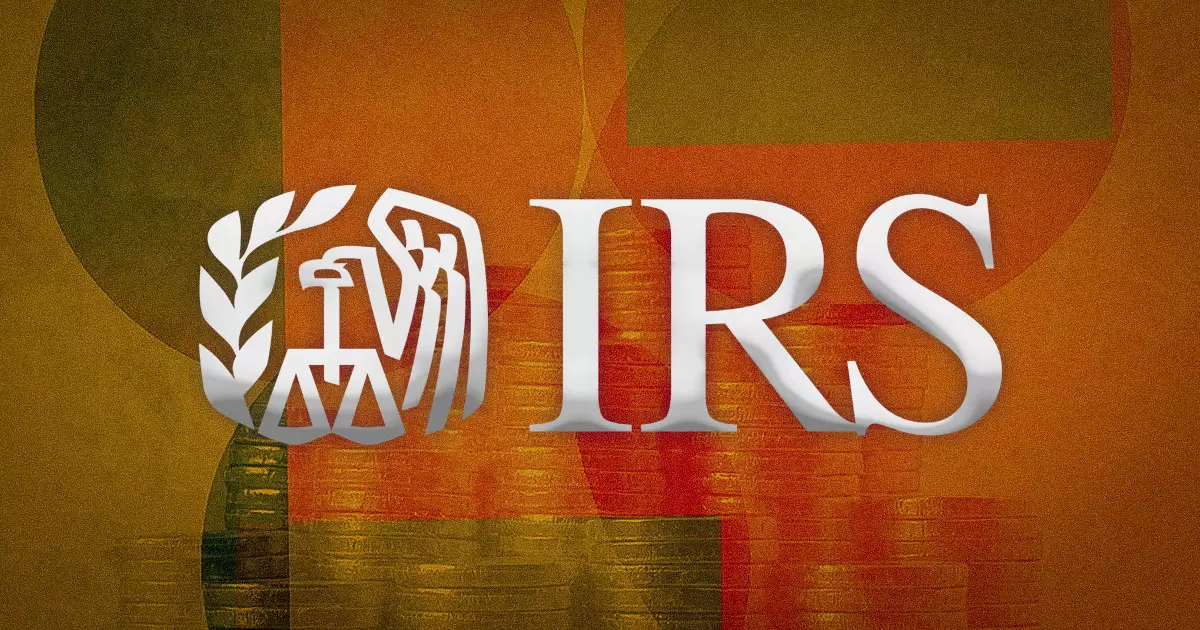The chief of criminal investigation at the IRS, Guy Ficco, recently highlighted the concerning trend of taxpayers engaging in tax crimes related to cryptocurrencies. These “pure crypto tax crimes” involve violations of Title 26 of the US Code, specifically federal income tax violations. Examples of such crimes include failure to report income from crypto sales and concealing one’s true basis in cryptocurrency. Ficco noted a noticeable increase in these types of offenses and anticipates a continued rise in charges related to crypto tax evasion in the coming years.
Traditionally, IRS investigations into cryptocurrencies were part of broader probes into scams and fraudulent activities within the crypto space. However, Ficco acknowledged that the landscape is evolving, with crypto playing a more prominent role in various criminal activities like phone scams, romance scams, and even pig butchering. The integration of crypto into these illicit activities makes it imperative for the IRS to ramp up its enforcement efforts and crack down on tax violations within the crypto sphere.
Despite the IRS consistently reminding individuals to report crypto-related income and transactions, compliance remains a significant challenge. Reports indicate that a vast majority of crypto investors fail to report their taxes accurately, with only a small percentage adhering to the tax laws. To address this issue, the IRS has bolstered its enforcement team by hiring additional experts specifically focused on crypto-related tax evasion. This proactive approach signals the agency’s intent to intensify its scrutiny and enforcement actions in the near future.
Future Outlook and Potential Consequences
Looking ahead, the IRS’s crackdown on tax crimes related to cryptocurrency is expected to increase, with a surge in investigations and charges anticipated in the coming years. The agency’s concerted efforts to combat tax evasion within the crypto space underscore the seriousness of non-compliance and the potential legal consequences for taxpayers who fail to report their crypto-related income. As crypto continues to gain popularity and adoption, ensuring compliance with tax laws and regulations will be crucial to avoid falling afoul of the IRS’s enforcement measures.
The IRS’s warning about the rise in crypto tax crimes serves as a stark reminder to taxpayers that the tax implications of cryptocurrency transactions are under increasing scrutiny. With enforcement efforts ramping up and a growing emphasis on compliance, individuals involved in crypto activities must remain vigilant about their tax obligations to avoid facing penalties or legal repercussions.

